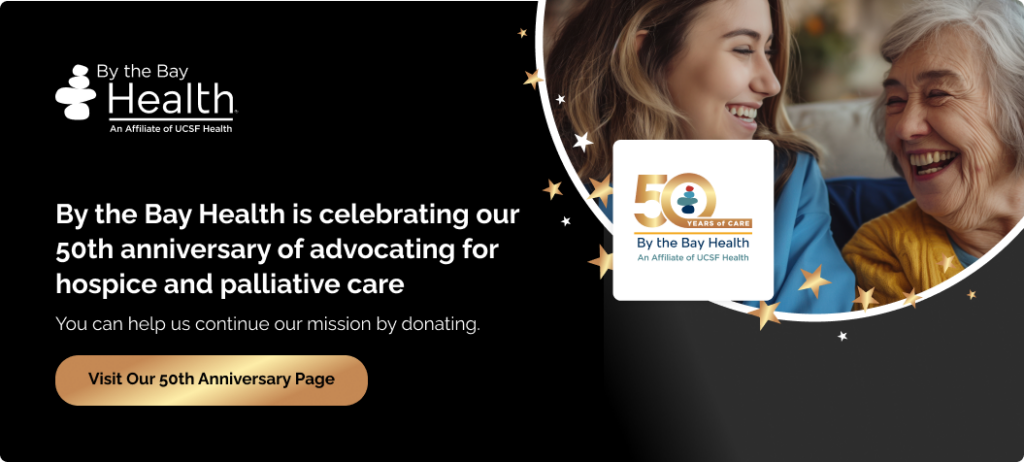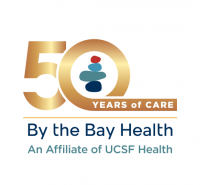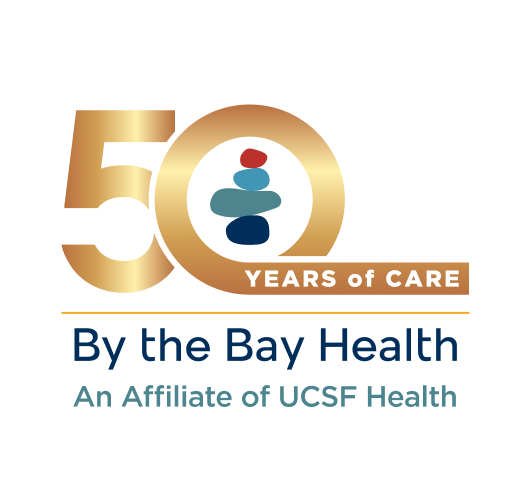It’s a common misconception that dementia is a standalone disease.
In fact, dementia is a general term used to describe a decline in cognitive function severe enough to interfere with daily life. This decline can take a number of shapes, including memory loss, language difficulties, behavioral changes, and disorientation.
Because many people don’t fully understand dementia and all its permutations, the families of those suffering from it are often at a loss for answers when it comes to dealing with dementia on a daily basis.
That’s why our partners at Hope Hospice created the program Living With Dementia, which is dedicated to educating family caregivers and medical professionals about dementia, its varied symptoms, and how to provide the best care to someone living with the condition.

A network of support
An important component of Hope Hospice’s program is access to support groups for family caregivers.
Groups are made up of spouses and adult children of persons living with dementia. Along the journey of dementia, as abilities change, so too do relationships. This can be devastating to family members, and support groups are helpful in processing the new normal.
These groups — which meet both in person and over Zoom — allow those facing the challenge of dementia in their family to connect with others who are caring for family members of their own. This support is extremely important, as care partners need to feel like they are receiving support from others who understand what it’s like to care for someone living with dementia. It’s not the same as caring for someone with any other type of illness. There is a need to tell and retell one’s dementia journey struggles. Additionally this forum can be helpful for sharing techniques and skills for improving the quality of life for a loved one.
For example, one individual we’ll call David was struggling to keep his father who was suffering from dementia occupied and engaged. His father had always enjoyed spending time in his garage building and tinkering with tools, but as his condition worsened, this was no longer an option.
Through a support group, David was able to connect with an individual whose own father had enjoyed the same hobby, and she suggested David place nuts, bolts, and other hardware items in a jar so his father could spend time matching the equipment. He then asked his father to “help” him with this sorting task and just this small step not only engaged his father for hours, it helped David connect with him as they worked together.
A break from the burdens of care
For low-income families who reside in the San Ramon, Dublin, Pleasanton and Livermore areas, Hope Hospice’s program includes the Family Caregiver Respite Program, a grant-backed program that provides qualified family caregivers with 16 hours of complimentary in-home care.
This time, which can be used over time, allows the caregiver to take a break from the stress and challenges and instead focus on themselves, whether it’s to go grocery shopping, check out a movie, or simply take a nap.
Support for non-family caregivers
Hope Hospice’s program isn’t restricted to family caregivers. For patients on Hope Hospice’s service, a dementia specialist is available for collaboration with the clinical care team. She can help determine a course of action for non-pharmacological interventions to behavior challenges, share communication tips, and offer caregiver approaches.
Physicians, HHA’s, and staff members of assisted living facilities and memory care communities, often need education around caring for dementia patients as well. Because of this, the organization’s dementia specialist can be available for service training to facility staff.
Educational opportunities
Along with support groups, the Living With Dementia program also has pre-recorded webinars for caregivers that are designed to provide family members caring for a loved one with information about dementia.
These seminars are available on Hope Hospice’s website free of charge to anyone in the community, with topics including “Behaviors as Communication,” “Managing Daily Care,” and “Normal vs. Not Normal Brain Aging.” Below is one of the webinars on dementia basics:
It’s all about quality of life
While the effects of dementia can be difficult and frightening for the patient, it can also be very challenging for family members who aren’t sure where to turn to for dementia support.
Dementia is a gradual and long-lasting condition. That places a greater emotional and physical burden on those forced to deal with it personally and as a family.
If the goal of dementia caregiving is to make life as comfortable as possible for everyone, including the patient and the care partners, programs like Hope Hospice’s Living With Dementia exist to provide support for those tasked with providing care. You can learn more about their program here.
By the Bay Health is celebrating our 50th anniversary of advocating for hospice and palliative care. You can help us continue our mission by donating. Visit our 50th anniversary page to learn how you can contribute.



